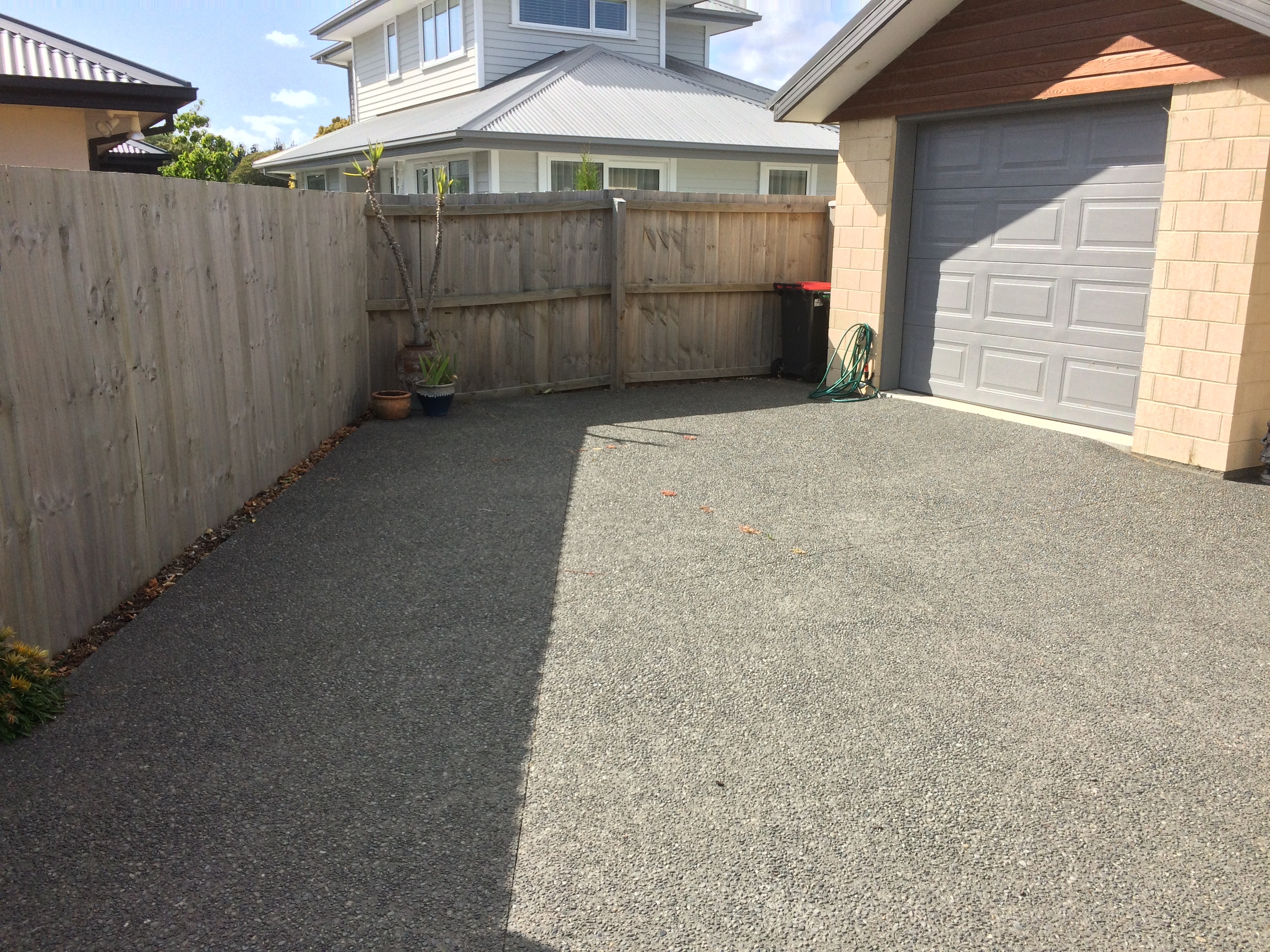The Challenge: Inaccessible Garage and Building Consent Dispute
Our client’s mother had purchased a new house off the plans in a different city. Upon moving in, she discovered that the garage was not accessible for her small car. To enter or exit the garage, she was forced to perform a 5-point turning manoeuvre both to enter and to exit, leading to occasional damage to her vehicle. Frustrated, our client took the issue to the Ministry of Business, Innovation & Employment (MBIE), arguing that the Building Consent should not have been issued under these conditions.
MBIE engaged an external consultant who concluded that with some minor changes, the garage could accommodate the required design vehicle. They issued a draft determination indicating that the Building Consent was valid. Our client then asked TPC to review the advice and draft decision provided by MBIE.
Our Approach: Detailed Vehicle Manoeuvring Analysis and Expert Review
TPC’s team carried out a comprehensive review of the information provided, including a detailed vehicle manoeuvring analysis. We focused on assessing the accessibility of the garage and the feasibility of the proposed modifications. Our findings included:
- Vehicle manoeuvrability analysis: We evaluated whether the garage design allowed for safe and efficient vehicle movement within acceptable parameters.
- Deficiencies in accessibility: After thorough analysis, we concluded that the garage, as built, had major accessibility deficiencies. Even with the minor changes proposed by MBIE’s external consultant, the garage would not be accessible to the required standard for the design vehicle.
- Building Consent review: Based on our findings, we determined that the original Building Consent should not have been issued, as the garage did not meet the necessary accessibility criteria.
Our review provided clear, data-backed evidence to support the argument that the Building Consent was not valid and needed to be reconsidered.
